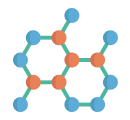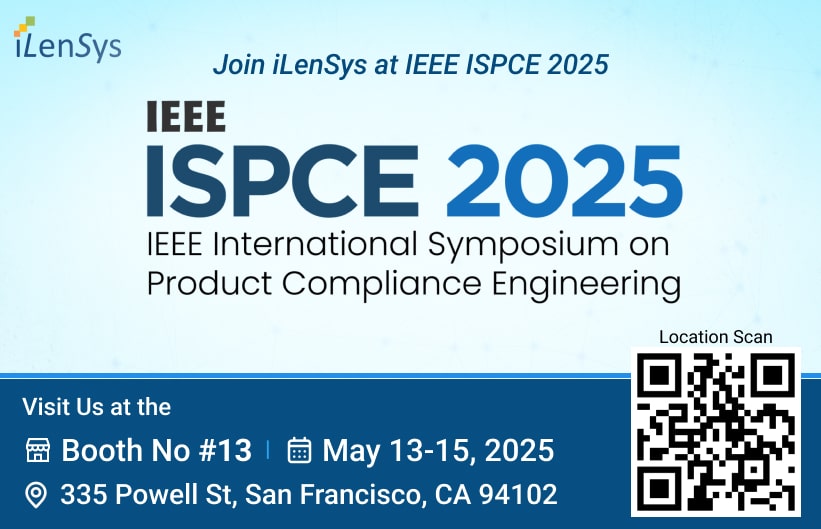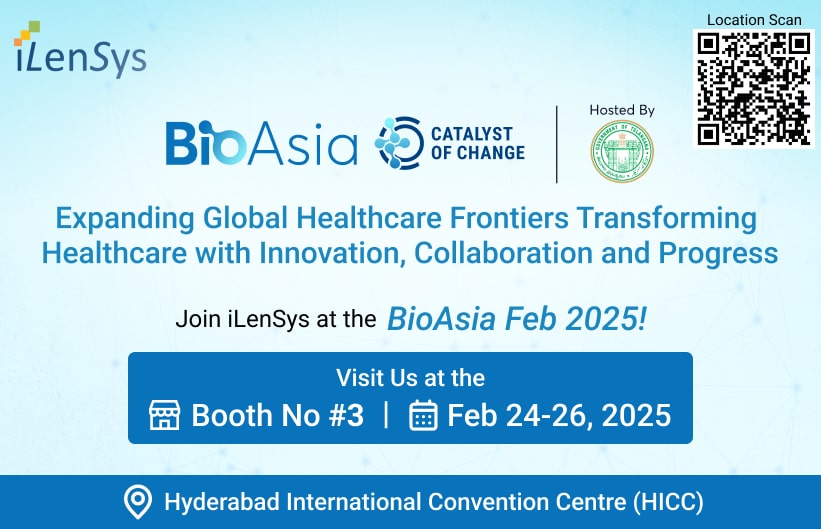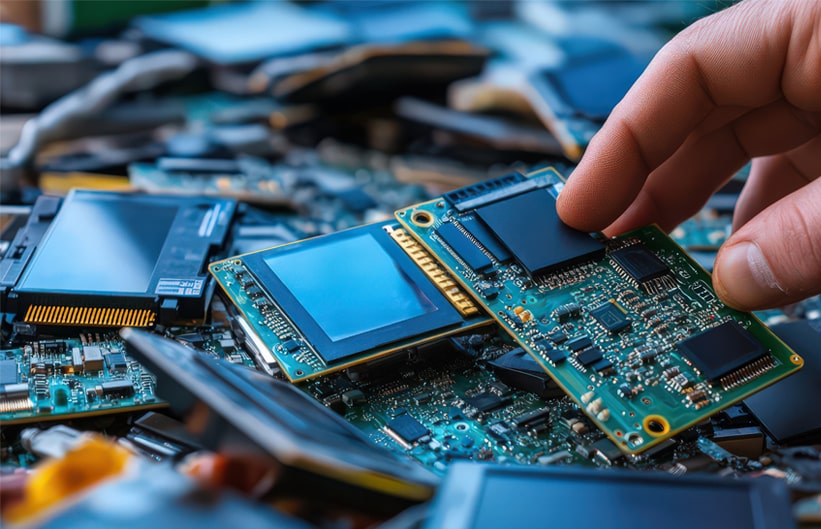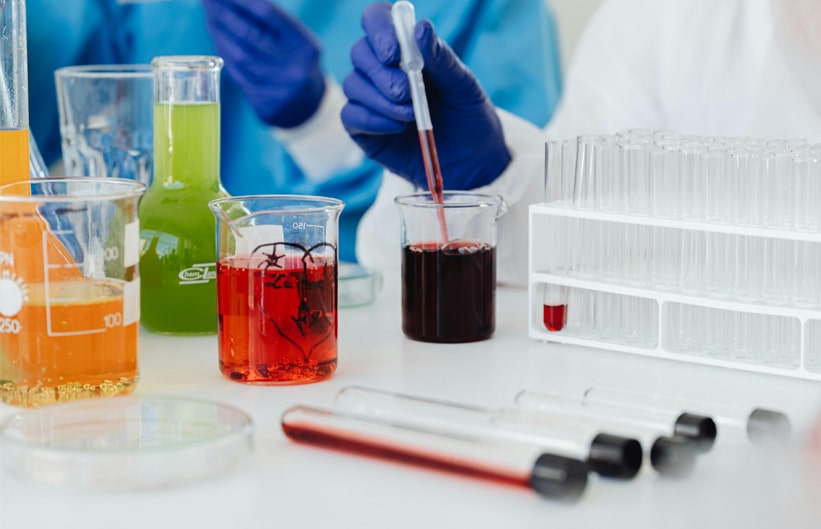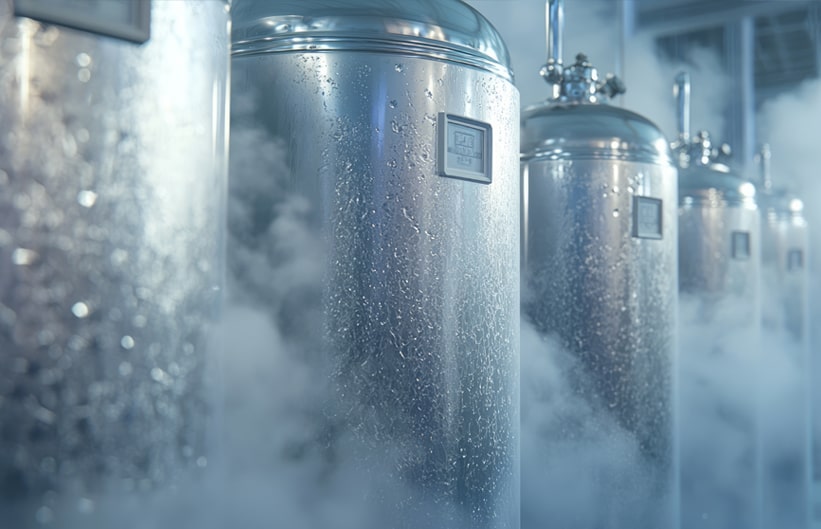Overview
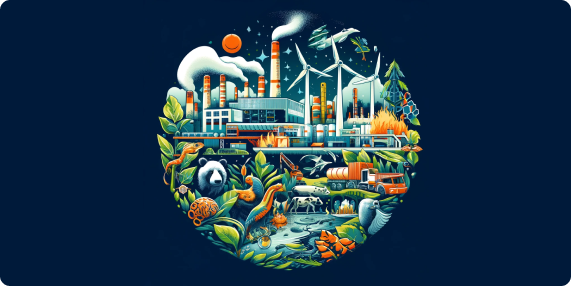
Introduction to EU POP Regulation
The European Union's efforts to combat Persistent Organic Pollutants (POPs), hazardous substances that persist in the environment and accumulate in living organisms, are embodied in the EU POP Regulation. Established initially in 2004 and updated in 2019, this regulation aims to minimize the environmental and health impacts of POPs, aligning with the global commitment of the Stockholm Convention.
Understanding EU POPs
POPs are chemicals that, due to their long-lasting nature, pose significant risks to environmental health and safety. Created through various industrial processes, these pollutants are resistant to environmental degradation and can travel vast distances, making them a global concern.
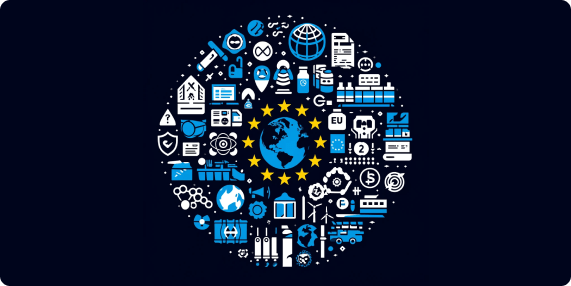
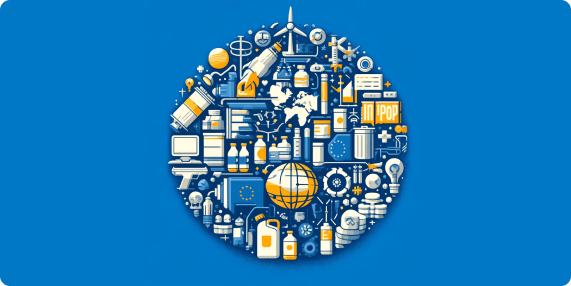
The Scope of EU POP Regulation
Covering a wide range of substances from pesticides and industrial chemicals to by-products, the EU POP Regulation is comprehensive. It extends to electrical and electronic products, packaging materials, and the import and export of goods containing POPs. The regulation is in alignment with international standards, ensuring a cohesive global approach to POP management.
POP Substances and Their Effects
Initially, the regulation identified 12 POPs known for their adverse effects on human health and the environment. These include certain pesticides, industrial chemicals, and by-products that can cause diseases, birth abnormalities, and ecological damage.

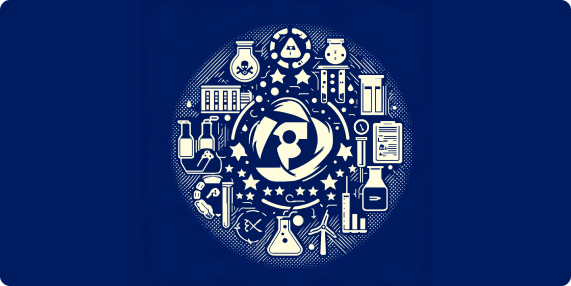
Restrictions and Management of POPs
The EU POP Regulation enforces strict controls on the use, manufacture, and distribution of POPs. By restricting heavily hazardous substances like PBDEs, PCBs, and PFOA, the regulation aims to mitigate the risks associated with POPs.
Annexures and Exemptions
With four annexes outlining the management strategies for POPs, including prohibitions and waste management, the regulation provides a clear framework for action. Additionally, certain exemptions allow for limited use of POPs under specific conditions, balancing regulatory goals with practical necessities.
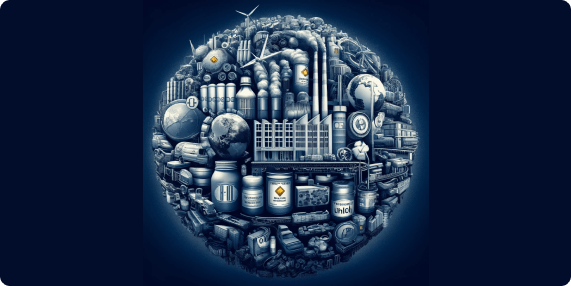
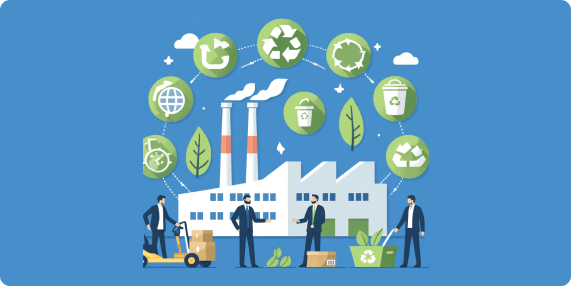
Compliance and Obligations
Stakeholders, including manufacturers and importers, face significant obligations under the EU POP Regulation. Ensuring compliance involves adhering to stringent guidelines on the use and disposal of POPs, highlighting the importance of awareness and proactive management.
Penalties for Non-Compliance
Violations of the EU POP Regulation carry substantial penalties, emphasizing the need for strict adherence. These penalties are designed to be effective, proportionate, and dissuasive, ensuring that the regulation's objectives are upheld.




